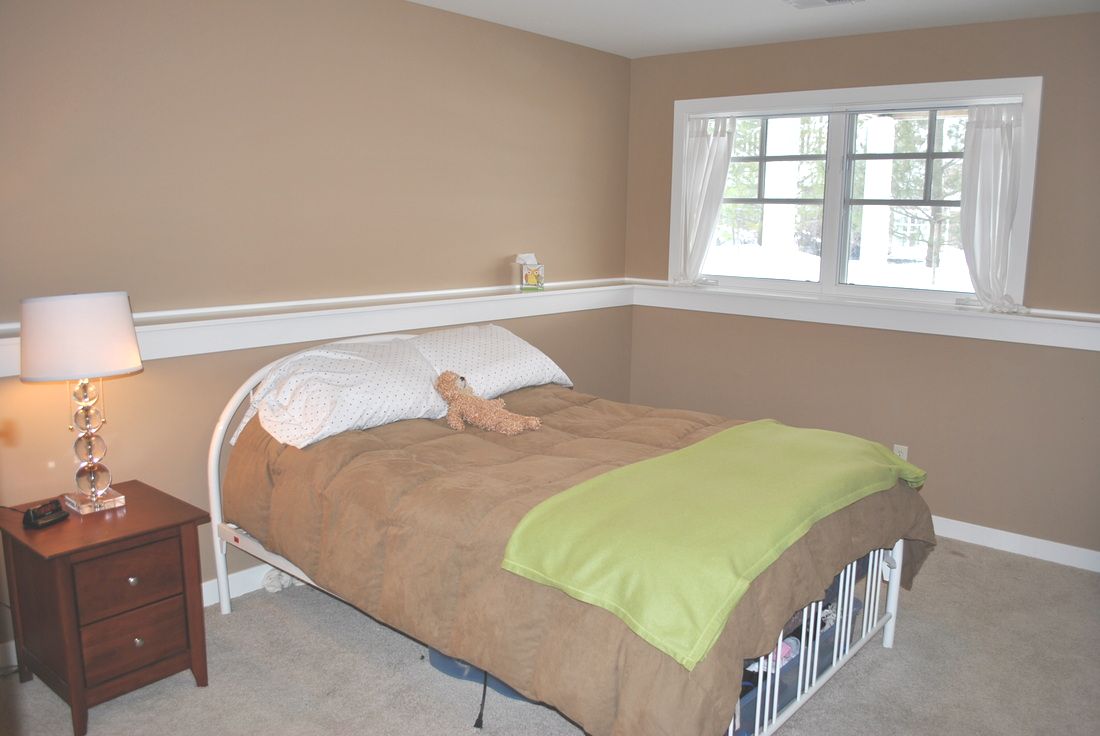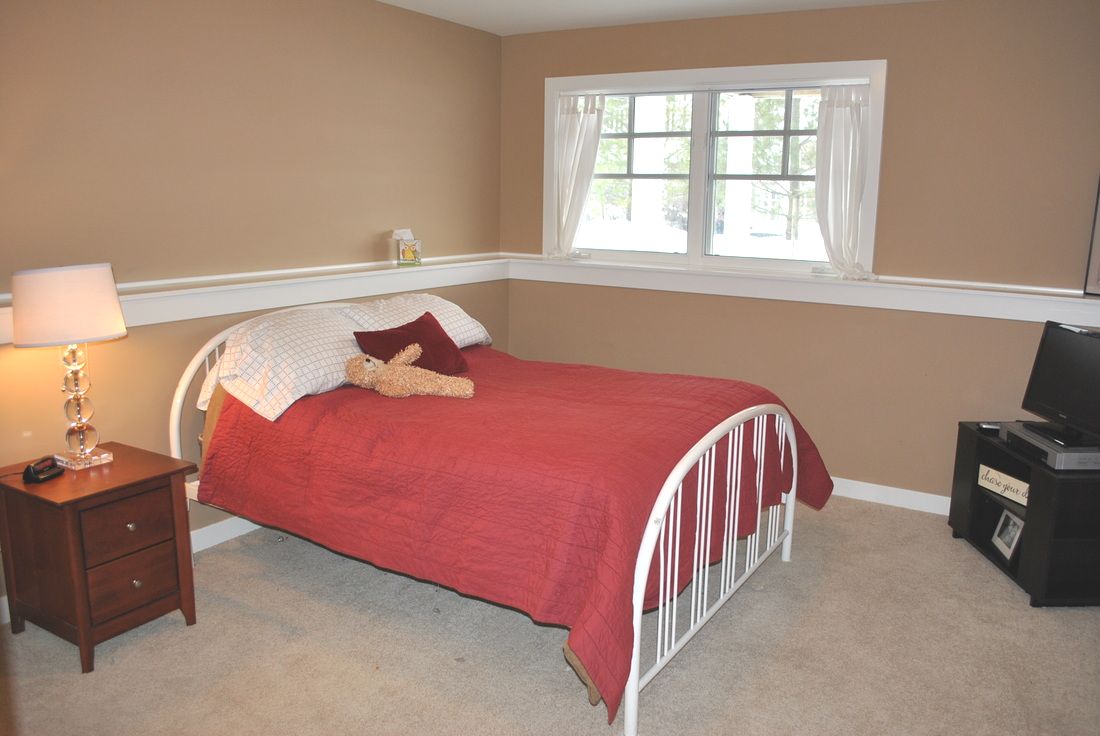 The Grand Rapids real estate market has been incredibly resilient to the change in interest rates. According to Redfin, Grand Rapids placed second in September among the fastest moving metro markets with an average sale time of only 9 days on market. While relative inventory has increased and the pace of the market is not as frenzied as it was the prior two years, inventory still remains low. Prices continue to increase, albeit at a much slower pace. Even though some things have changed, the greater Grand Rapids real estate market still strongly favors sellers. The speed at which interest rates increased over the last year and a half was shocking. At the end of 2021, interest rates were sitting a little above 3%. In 2022, they started increasing and didn't stop until they hit 8% about a month ago. As rates kept increasing, many buyers fell out of the market and a fear of recession started to permeate the real estate landscape.
0 Comments
 Buying a new home and selling your current one can seem like a daunting task. The biggest struggle for most people is knowing their options and determining a realistic plan of action. Finances will play the largest role in this decision, but other factors are a consideration including the local real estate market, ease of moving, and the cost/availability of the next home and possibly an intermediate place to stay. So what are the different options? 1) Sell First, then Buy This is probably the most common option people choose. Most people have the financial requirement to sell their current home in order to purchase another. The benefit of this type of move is you don’t have to worry about carrying two mortgage payments. The negative is you will most likely end up moving twice. An inexpensive interim option is to move in with family while searching for your next home. Others opt for flexible apartment leases. Once your home is under contract, you could start looking and bidding on homes.  There are a lot of factors that are important to a seller when considering whether to accept a buyer's offer, especially when there are multiple offers to choose from. Here is a list of some of the most important factors a seller will look at: 1) Price- this is likely the first thing the seller will consider. Most people want the highest price possible for their home. If the buyer is asking for closing costs, the seller will subtract this amount from the offer price to figure what the net amount is. For example, let's say two buyers write offers for the same price of $150,000. However, one buyer is asking for the seller to pay $4,000 towards their closing costs, and the other is not asking for any. One offer is a net of $150k while the other is only a net of $146k. Obviously the higher net offer is usually more desirable to a seller.  In December 2015, there were changes made to the real estate transfer tax exemptions in Michigan. If you did not qualify previously, but now qualify for an exemption under the new rules, you may go back up to four years and request a refund on the transfer taxes you paid. WHAT CHANGED? So what changed exactly? On 12/16/15, governor Snyder passed a bill that simplified and clarified exemption "U". Exemption "U" applies when the SEV (State Equalized Value) at the time of the sale is less than or equal to the original SEV when purchased. The idea of this exemption is that if you sell your house at a loss, you do not pay transfer tax. The only other requirement is that the home was your primary residence.  Though the housing recovery is trucking along, that doesn't mean real estate scams have gone away. Home owners have been duped out of an average of $4,000 to $5,000 from scams, but even five-figure losses aren’t uncommon for those who have fallen prey to fake loan modifications and other housing fraud. Highlighted here are four of the most common real estate scams today: 1. Rental scams: Scammers illegally pull online listing information from a home for sale and re-post it as a rental on another site, such as Craigslist. They’ll often ask for money upfront, in the form of a security deposit or broker fee, from prospective tenants. Scammers often advertise the home at a low price and collect application fees from several prospective tenants in order to hold the property for them. Does Staging Really Matter? The short answer is ABSOLUTELY!!
The goal of prepping and staging a property is to make everything look so nice and perfect, that potential problems do not even cross a buyer's mind. The buyer thinks, "wow, this looks so great, they must take such good care of this home." How often do you hear someone say after they purchase a home, "this house just gave us a feeling. We knew it was the right one." The buying decision is generally more emotionally driven than logically. People respond to colors, smells, and feelings. Experts say a buyer makes a decision of whether or not they like a home in the first thirty seconds. Thirty seconds is not long, and that is your only chance to make a first great impression.  DECLUTTER- In order to show off the square footage of a home, there cannot be too much stuff inside of it. An overcrowded home feels smaller, and also points out the fact that there is not enough storage space. As a general rule, a home seller would want to prepack about one third of all their belongings. CLEAN, CLEAN, CLEAN- In order to make a great first impression, a house needs to look its best. Potential buyers are attracted to homes that feel clean and fresh. If it is dirty and not well kept, buyers start to wonder what else may be wrong with a property. |
Lisa VanderLooGreat info on everything real estate. Categories
All
Archives
November 2023
|


 RSS Feed
RSS Feed
